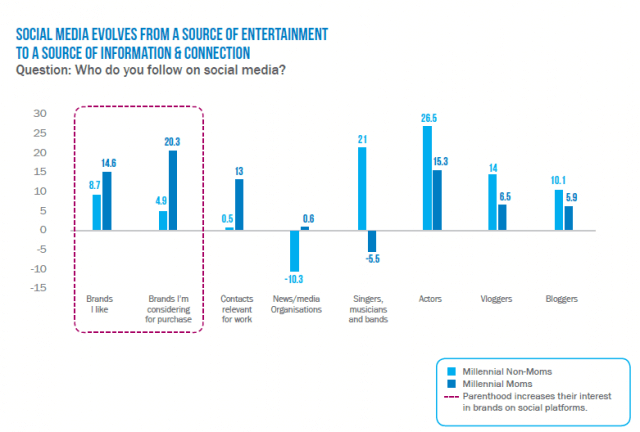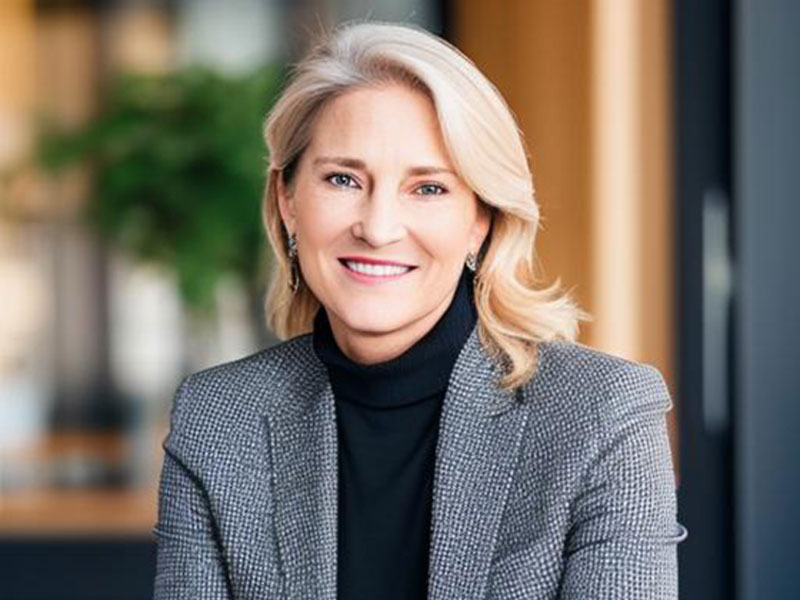Millennial mums in Asia are more connected to brands on social channels than those who don’t have children, a report has found, as marketers were warned not to use broad stereotypes when targeting the demographic.

A study from consultancy R3 suggested mothers aged 22 to 38 are far more likely to engage with “social communities” and interact with brands than their childless counterparts of the same age.
Research found that almost six out of 10 millennial mums are open to communicating with brands by asking questions, clicking on sponsored posts, following and liking companies on social channels and sharing brands.
Non-mums are 14% less likely to do the same same.
Asked who they follow on social media feeds, 14.6% of millennial mums said they connect with brands they like with more than 20% saying they engage with brands they are considering buying products from.
Those numbers fell to 8.7% and 4.9% respectively for non-mums.
More detailed figures revealed that millennial mums are 26% more likely to share a brand’s social content – 11% did so in the month before the report was compiled – while almost a third relied on word-of-mouth for “product discovery”.

“This is very good news for brands who create useful/engaging social content,” R3 said in the report.
Research also found they are environmentally-conscious with a quarter naming eco-friendly products as one of the top three expectations they have from brands, significantly higher than non-mums.
They also place convenience over quality and value.
R3 said marketers targeting Asian millennial mothers should “refrain from using stereotypes and broad brush personas”.
“[They must] instead invest in data-driven research to better understand their unique target consumer in order to stand out and cut through the clutter,” the firm said in the report. “The Asian Millennial Mother places a high value on her time, as evident by the importance they place on convenience post-motherhood.
“Marketers need to invest in creating content or building social communities that will add value to her life, pulling her in rather than relying on push marketing to engage with this demographic.”





